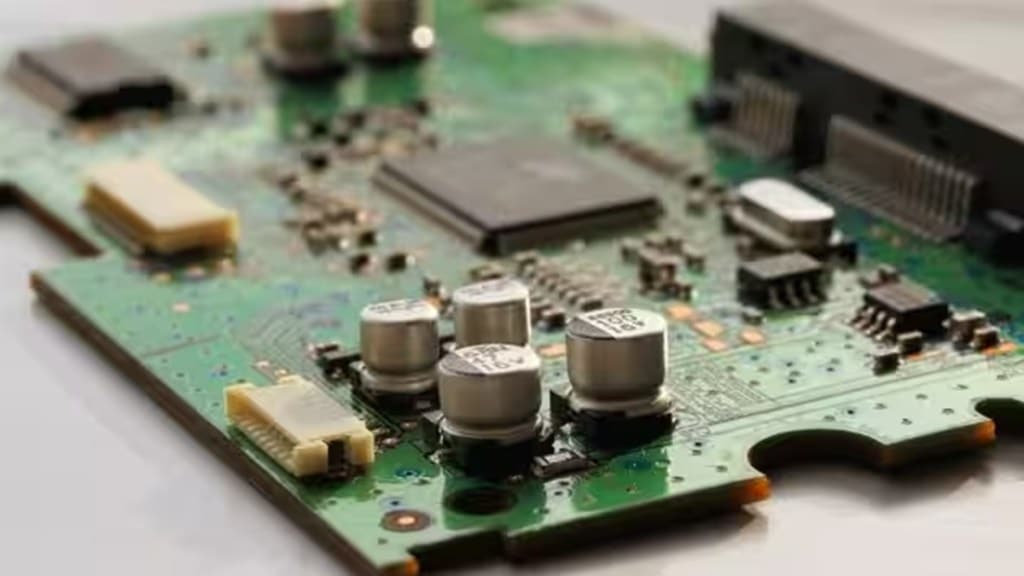The government is reportedly considering a transition period for the licensing regime relating to the import of laptops, tablets, personal computers and servers. This should come as some relief to the industry. In fact, putting such licensing regime in abeyance is the right approach as it will lead to winning the trust of the industry, which is rattled by the sudden decision of the government. Though any such move towards licensing is a bad idea, nothing could have been worse than bringing it with immediate effect, without any consultation with the industry.
Logically, any such step should be thought of only after creating enough domestic capacity for manufacturing IT hardware products, as around 90% of these are imported currently. Reasons like security considerations prompting the move to protect consumers from malware or spyware, as the bulk of imports are from China, do not hold much ground because a plain industrial licensing does not lay down security checks. It seems Thursday’s announcement to impose licensing with immediate effect was to push global manufacturers such as Apple, Samsung, Dell, HP, etc, to participate in the production-linked incentive scheme for domestic manufacturing. It seems there has been a late realisation that the move may be counterproductive as, instead of being coerced, the global industry will be up in arms. Trade disputes with the US can also not be ruled out as most of the impacted firms are based there.
The government’s exasperation is understandable because, unlike the smartphone PLI, it has not been able to make much headway with the IT hardware PLI that was launched in 2021. After industry feedback, the government modified the scheme in May this year by raising the outlay by over two-fold to `17,000 crore. The incentive structure was also sweetened. The application window to apply for IT PLI is open till August 30. Perhaps, the government felt that the step towards licensing will push the firms concerned to apply rather than have any second thoughts. Since IT products are part of multilateral agreements with nil import duties, the government should realise that it takes much more effort in convincing global firms to relocate their production and supply-chain base from existing locations like China or Taiwan, as market access is not a problem.
Firms that apply for the PLI scheme should be given a period of 12-18 months to set up their factories in the country and show results. Any hasty move to put imports in the restricted category through licensing will lead to large-scale disruption of business and even inconvenience consumers, even if they come with certain exceptions. Industry associations like MAIT were quick to write to the government seeking time to discuss the change so that the industry can provide nuanced inputs to avoid disruption of business.
The government should understand that the success of Apple on the domestic manufacturing front was a result of a long consultative process with the company. The government even adjusted the timeline of the smartphone PLI as the company’s production schedule got hampered due to Covid-led disruptions. The results of such patient handling are there to see as Tesla has given up its earlier insistence of import duty relaxations and is now considering setting up its production base in the country. It should not be forgotten that whether it is Apple or Tesla, much of their production in the country will be based on import of components.

